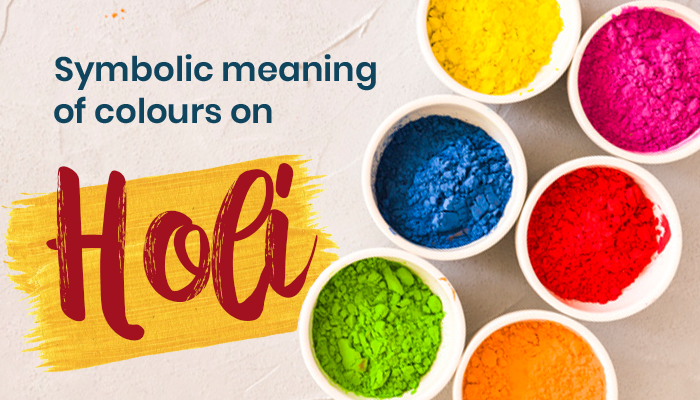
Holi is here again and celebrating the festival is always a delight. Being known as the festival of colours, people throw off vibrant colors and make their day complete. People get along with their family and friends, whereby dance and sing together amidst the bang of drums. Being one of the most important festivals of India, this festival is predominantly celebrated among the Hindu religion all over the world. Being an auspicious celebration, people celebrate this festival by throwing colors and forget the past grievances and variations. The festival begins on the full moon by lighting the bonfires to bring the holistic vibes on the day. Bonfires are lit to evade the evil spirits and the negative vibes, which interprets the dismissal of the sinful Holika.
Holi is colorful, whereby people drench the colors in water and splash those colorful water over each other. As a major addition, four colors including yellow, red, green and blue are used in the holi powders which entails the significance of being attached. Wooden drums are played as a symbol of tradition and people splash the colour water and powders on their friends and family people. They enjoy the feast with laughter, fun, dance and joy. Holi is considered as the reformulation of the Hindu god, Lord Krishna and Goddess Radha playing with Gopis. The story entails that, mother of Lord Krishna used the colored powder for changing the skin color of Krishna, as he was often telling about the color difference of his skin from Radha.
In the recent times, colored water and powders are used to make the event joyful and happier. Gulal, is the herbal extract from flower is used for making the colored powders, particularly turmeric. These days, even synthetic powders have become very common in use. The importance of colors and their symbolic meaning are described here in detail:
- Blue –
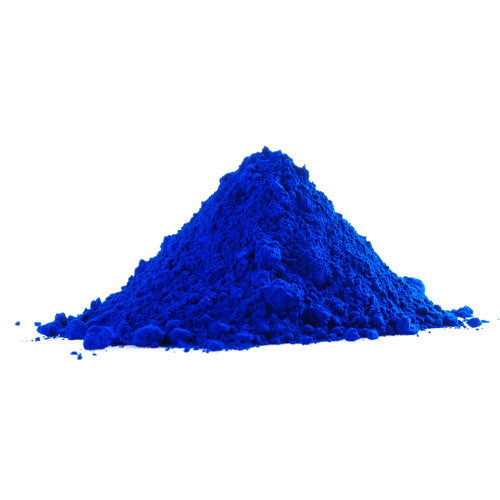
Blue, which is the predominant color used to symbolize the color of the Hindu God, Lord Krishna.
- Yellow
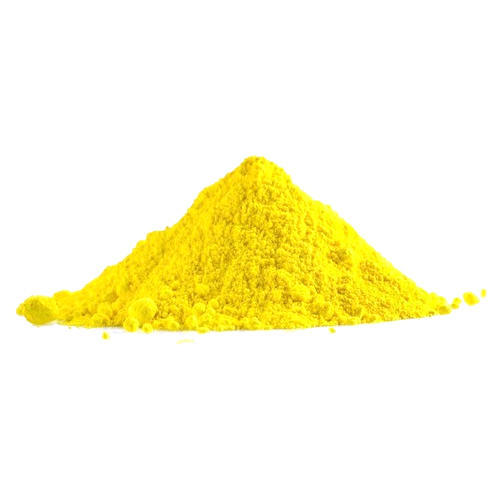
Yellow represents the sacred turmeric color that is being used in religious rituals and devotional ceremonies. It is even considered as a sign of luck, fertility and fortune.
- Green
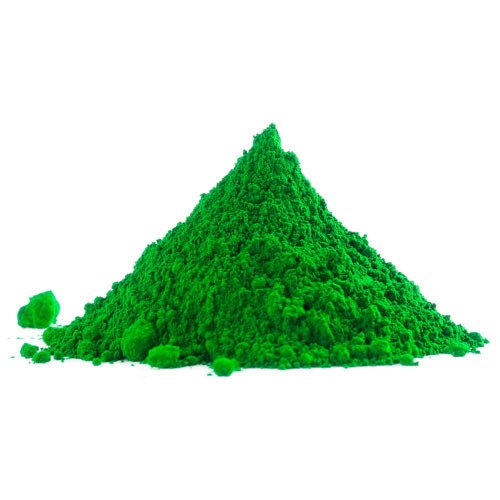
Green entails the new beginning and as well a welcome of spring, where plants begin to blossom.
- Red
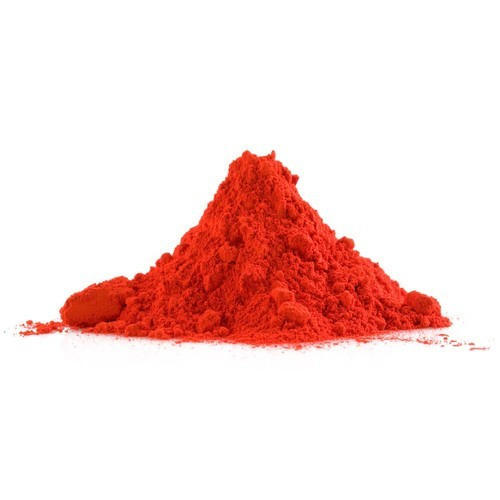
Red describes love and fertility.
Likewise, every color has its significance and meaning. The importance of Holi colors have a strong association with the tradition and Indian culture. Blue color is always a representation of the god Krishna. It signifies the symbol of divinity. Yellow color is always pleasing and of course the most associated color in the Hindu religion. It is believed that, yellow can relax individual’s mind and help them remain free from anxiety. Moreover, the color yellow describes inner purity and protects from wickedness and evil. In the recent times, there are many different colors being used during the Holi celebration. At last, the objective is to enjoy together with friends and family and have a colorful day filled with merriment and delight.
Amid vibrant bursts of color, a troupe of dhol players — a traditional wooden drum played in South Asia — dance around and splash each other with water and powder colored red, yellow, blue and green. The scene depicts the classic Holi traditions of family and friends coming together to laugh, dance, and feast.
On this day you can send holi gifts, sweets, guijiya with gulala, pichkari for kids, water gun for kids and celebrate this festival of colours with family, relatives and friends etc.
source - https://www.indiagift.in/blog/importance-of-colours-on-holi-and-their-symbolic-meaning/2887
No comments:
Post a Comment